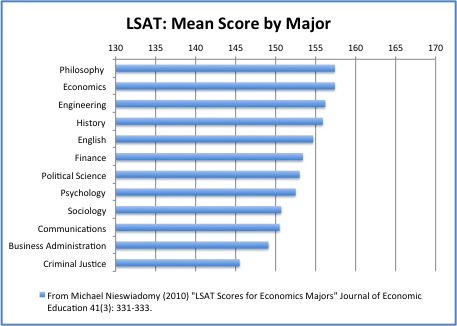Philosophy
Pre-Law AdvisingThe 3+3 Accelerated BA/JD ProgramPre-Law TrackPre-Law Advising
The Philosophy Department at the University of Memphis offers various resources for students interested in a career in law:
- The 3+3 accelerated BA/JD program in partnership with the Cecil C. Humphreys School of Law
- An internal pre-law track for students who want to complete their BA in the usual four years
- Pre-law advising for all students interested in a legal career
The 3+3 Accelerated BA/JD program allows students to complete their Bachelor of Arts (BA) degree in Philosophy and juris doctor (JD) degree in six years instead of the typical seven. Undergraduate scholarships will apply to the senior year of the BA/first year of the JD program.
Eligibility
Philosophy majors who have completed the required sequence of courses and meet the Cecil C. Humphreys School of Law admissions criteria.
You can find more information at this link: ACCELERATED BA/JD.
Students who are interested in a career in the legal field but who wish to complete their undergraduate degree in four years can complete a pre-law track in the Philosophy Department. This track familiarizes students with philosophical traditions and topics relevant to a career in law. Students who complete the recommended sequence of courses will receive a letter of recognition from the Director of Undergraduate Studies.
You can download the advising sheet for our pre-law track at this link: PRE-LAW TRACK.
While a number of majors will prepare students for the study of law, Philosophy courses, as well as the Philosophy major, offer excellent preparation for students interested in a career in the legal profession. Students who wish to prepare for Law School should, therefore, strongly consider a major in Philosophy. Alternatively, they may pursue a major in another discipline with a minor in Philosophy. The University of Memphis also offers a Minor in Legal Thought and Liberal Arts. In any case, students pursuing a career in law are well advised to supplement whatever course of study they choose with a number of Philosophy courses (notably Critical Thinking and a number of logic courses such as Elementary Logic, Intermediate Logic, or Advanced Logic). This is for two main reasons:
First, Philosophy provides training in analytic and logical thinking, which are essential components of both the Law School Admissions Test (LSAT) and the practice of law. The American Bar Association recommends that students looking to pursue a career in law acquire the following skills:
 Analytic and problem solving skills
Analytic and problem solving skills- Critical reading skills
- Writing skills
- Oral communication and listening abilities
- General research skills
- Task organization and management skills
- Public service and promotion of justice
Students acquire many of these skills in Philosophy courses: they are trained to read difficult texts, assess arguments, conduct research, develop arguments of their own, and present them clearly in speech and writing. Moreover, Philosophy majors consistently outperform other majors on the LSAT.
 They also have the highest scores on both the Verbal Reasoning and the Analytic Writing sections of the GRE. As a consequence,
it comes as no surprise that acceptance rates of Philosophy majors applying to Law
School are higher than those of applicants majoring in most other disciplines, including
Economics, Political Science, History, Psychology, and Business Management.
They also have the highest scores on both the Verbal Reasoning and the Analytic Writing sections of the GRE. As a consequence,
it comes as no surprise that acceptance rates of Philosophy majors applying to Law
School are higher than those of applicants majoring in most other disciplines, including
Economics, Political Science, History, Psychology, and Business Management.
Second, many Philosophy courses explore contemporary legal, political, and moral issues that are pertinent to legal professionals. For example, courses such as Philosophy of Law, Contemporary Moral Problems, Ethics, and Issues in Political Philosophy allow students to understand the philosophical background to issues that are of interest to lawyers, judges, and other legal professionals. Courses such as Environmental Ethics or Business Ethics will benefit those who wish to pursue careers in environmental law or corporate law. Students interested in legal concerns in the context of medicine and technology may wish to take courses in Biomedical Ethics, Philosophy of Science, or Science, Technology, and Human Values. Philosophical issues relevant to criminal law are covered in Philosophy of Law as well as Nature, Mind, and Knowledge, and Philosophy of Mind.
If you are interested in Pre-Law Advising, please contact Philosophy Department Pre-Law Advisor, Amit Sen, Assistant Professor of Teaching and Cody Clinton, Director of Pre-Professional Advising and Meghan Cullen, Pre-Professional Advisor as general Pre-Law advisors.
If you are interested in taking Philosophy courses or pursuing a major or minor in Philosophy, please contact either the Director of Undergraduate Studies, Prof. James Bahoh or the Philosophy Department Undergraduate Advisor, Amit Sen, 339B Clement Hall (amitsen@memphis.edu).
